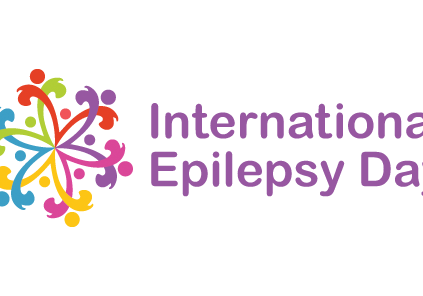Introducing Dr. Iqra Pervaiz

Welcome to Science with Sandra! In this edition, I would like to highlight the work of Iqra Pervaiz, a graduate student in Dr. Abraham Al-Ahmad’s laboratory in the Department of Pharmaceutical Sciences at Texas Tech University.
On October 20th, she defended her thesis and we were honored to be invited to participate online. The title of her thesis is: “Metabolic Crossroads: Investigating Glucose Metabolism at the Blood-Brain Barrier In-Vitro Using Human-Induced Pluripotent Stem Cells”. Her research focused on understanding the Blood-Brain Barrier (BBB) physiology in Glut1 Deficiency, with a goal of elucidating the role of the BBB and how it is impacted in this disease.
Throughout her career, Dr. Pervaiz has received numerous awards for academic excellence including a highly prestigious Phi Kappa Phi Graduate Research Grant and Dissertation Fellowship to support her Glut1 Deficiency research. In addition, two of the projects she worked on during her PhD were funded by the Glut1 Deficiency Foundation. She will be graduating on December 15th.
We thank Dr. Pervaiz and Dr. Al-Ahmad for all the ways they help our work and for their interest in helping advance research and understanding to benefit our patients. We congratulate them for this wonderful accomplishment, and Dr. Pervaiz, we wish you a bright future!
Now, it is my pleasure to share with all of you a brief summary of her thesis that she kindly provided to share with the community:
Glucose represents a crucial source of energy to the brain, with 20% of our daily intake used by this organ. Glucose transport to the brain is conditioned by the presence of a blood-brain barrier (BBB), its entry being facilitated via the glucose transporter 1 (Glut1).
In Glut1 Deficiency Syndrome (Glut1DS), the uptake of glucose at the BBB is considered as the main issue associated with the disease. It is conceivable that disruption of glucose transport across the BBB may have a significant impact on the brain energy metabolism as observed in Glut1 Deficiency Syndrome (Glut1DS).
The lack of human-based models of the disease, alongside the limited approach of in-vivo models to assess the effects of Glut1DS on the BBB, raises the need to develop a human-based in-vitro model of Glut1DS at the BBB.
Using human induced pluripotent stem cells (iPSCs) and CRISPR-Cas9 gene editing, we developed a Glut1DS model of the human BBB in which we edited the gene coding for Glut1, resulting in a truncation of over 60% of the transporter.
Results from the studies indicate that glucose uptake and transport were significantly reduced in our mutant clones (C7 and E8), that such truncation induced changes to the BBB permeability to small molecules, as well as a compromised cell energy production. In addition, our model was able to reproduce some findings of diminished brain microvasculature observed in Glut1DS animals (in-vivo), as our mutants showed signs of impaired angiogenesis.
Our future direction is to determine to what extent truncated Glut1 impacts the biological function of each cell type at the BBB (brain endothelial cells, astrocytes, and neurons) and an overall brain energy metabolism at the neurovascular unit. Understanding intricate glucose metabolic pathways may pave the way for novel therapeutic interventions, offering hope to those affected by Glut1DS, hopefully bringing us closer to effective therapies.



